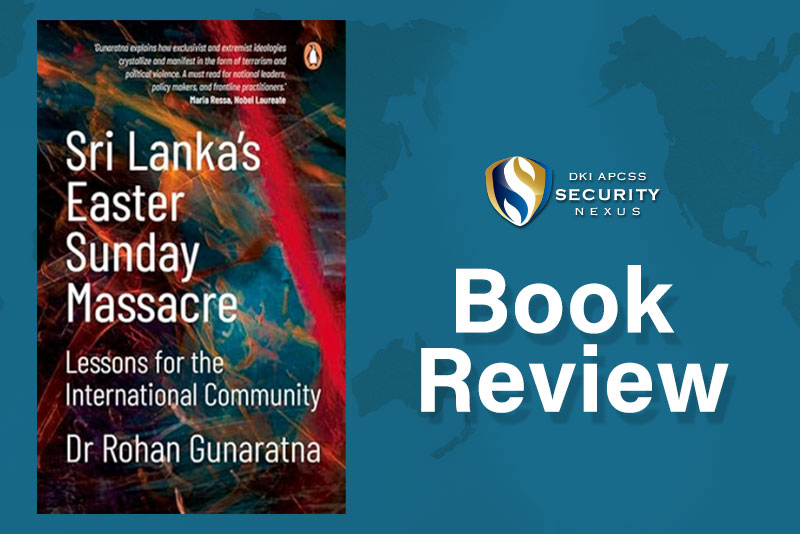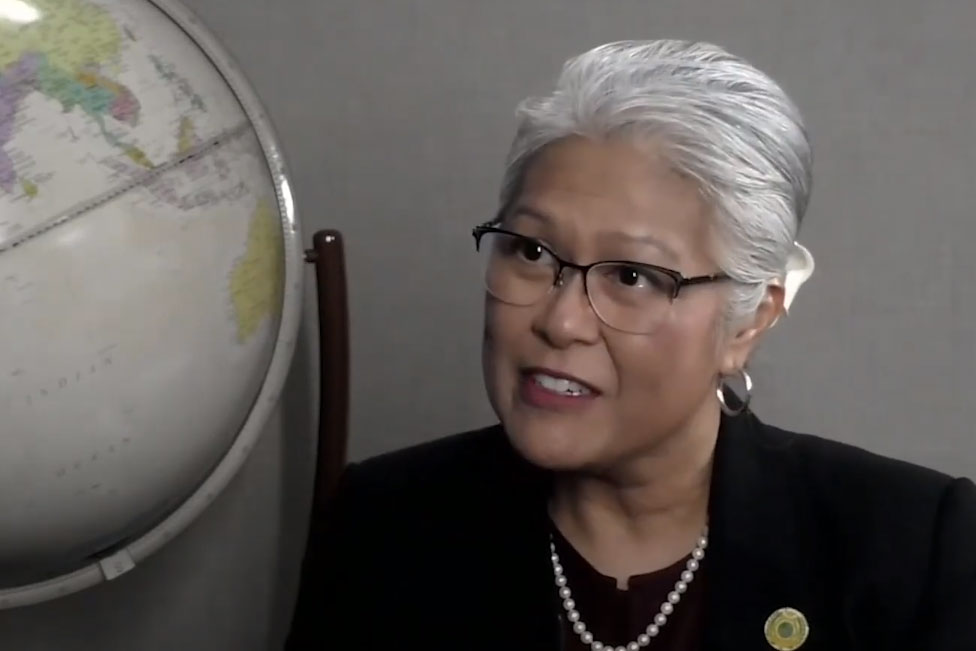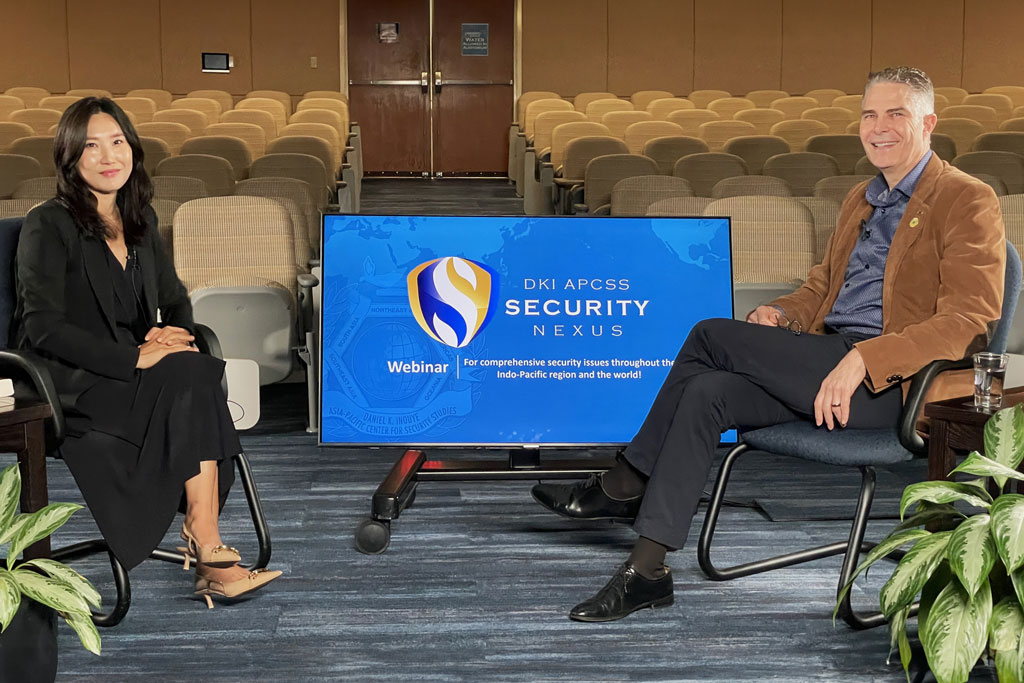Dr. Lumpy Lumbaca Reviews “Sri Lanka’s Easter Sunday Massacre” by Dr. Rohan Gunaratna
March 2024 – Dr. Lumpy Lumbaca provides an insightful review of “Sri Lanka’s Easter Sunday Massacre: Lessons for the International Community” by counterterrorism expert Dr. Rohan Gunaratna. The book, published by Penguin Books, delves into the 2019 Easter Sunday bombings in Sri Lanka, analyzing the radicalization process and the resilience of the Sri Lankan people. Lumbaca, a retired US Army Green Beret professor at the Daniel K. Inouye Asia-Pacific Center for Security Studies, commends Gunaratna’s in-depth research and personalized narrative approach. The review highlights the book’s exploration of the Salafi-Wahhabism ideology, the attackers’ motivations, and the unity and [...]













